Liu’s most recent research involves online learning, modeling of large-scale internet measurement data, and incentive mechanisms for security games.
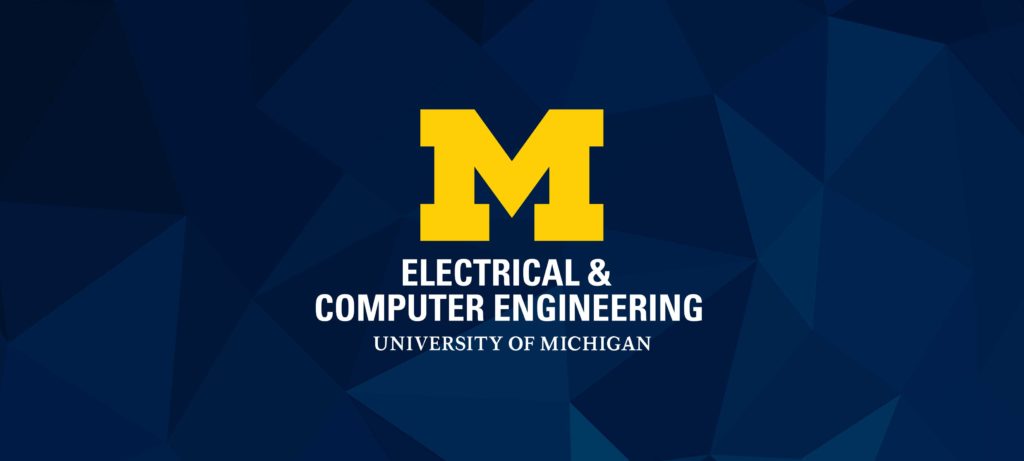

Liu’s most recent research involves online learning, modeling of large-scale internet measurement data, and incentive mechanisms for security games.

Cassie is the first offering from new startup Agility Robotics, and is loosely modeled on the cassowary, a flightless bird similar to an ostrich.
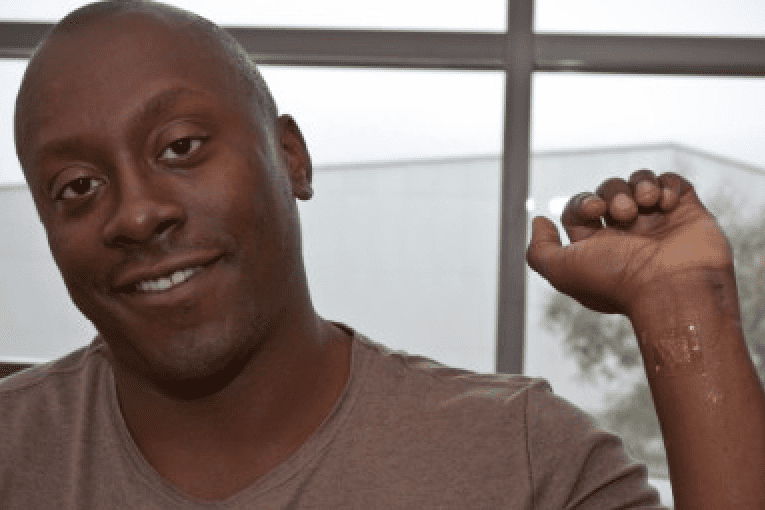
Prof. Todd Coleman’s group is tackling the challenging problem of getting high-fidelity monitoring to work affordably at home.

The AAAS seeks to advance science, engineering, and innovation throughout the world for the benefit of all people.

Office of Naval Research has awarded Dmitry Berenson, an assistant professor of Electrical Engineering and Computer Science, $1.1 million to help advance emergency response capabilities for robots.
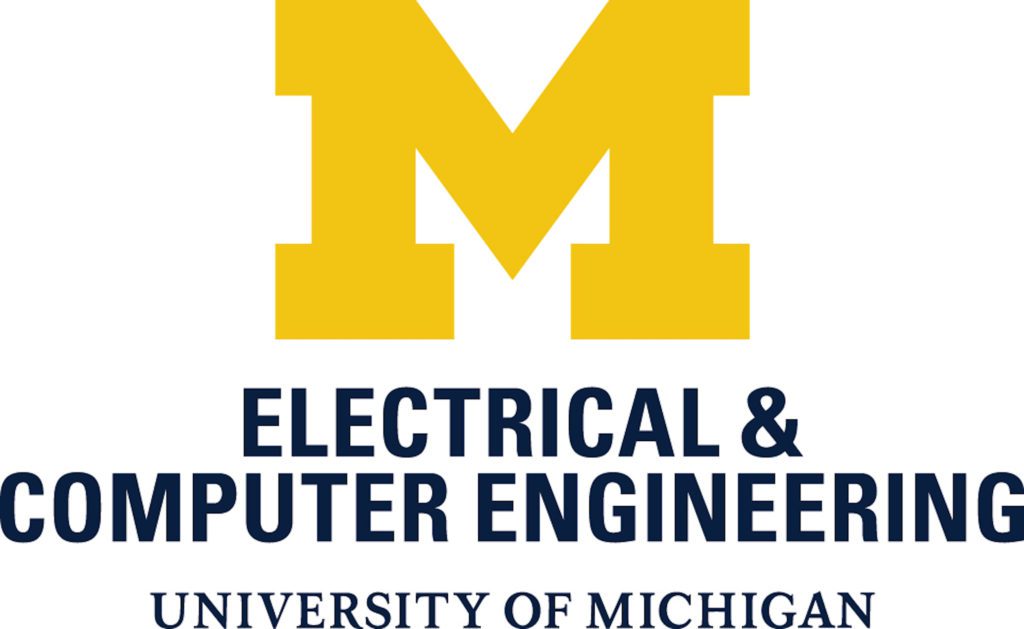
Prof. Kanicki expects breakthroughs in both the flat-panel display and imager industries using his-ITZO TFT technology in the near future.
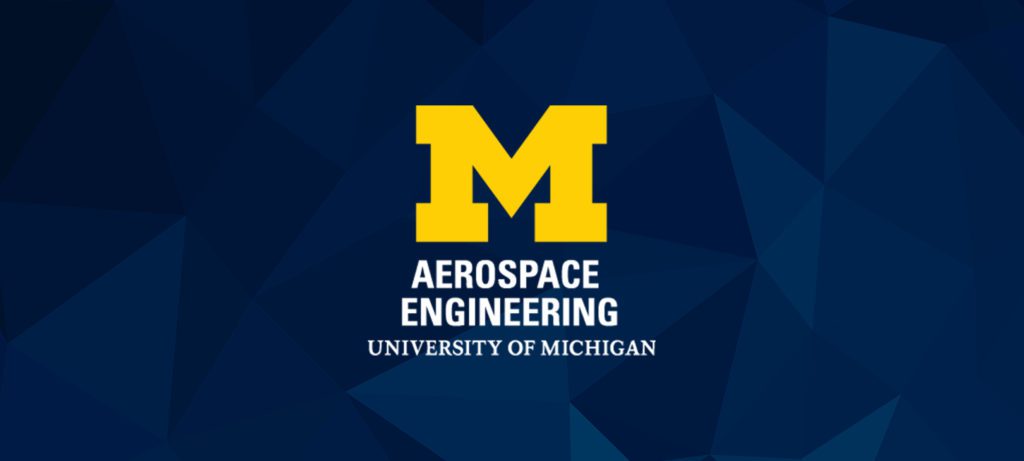
UM-SEDS co-President Arun Nagpal develops ENG 100 section to expose freshman to space science and atmospheric sensing.
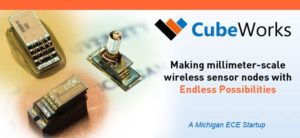
Cubeworks receives its first external funding to manufacture millimeter-scale computing devices
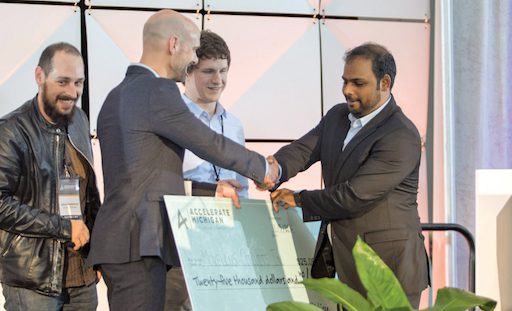
Movellus Circuits won $25,000 in the University Research Highlight and People’s Choice categories
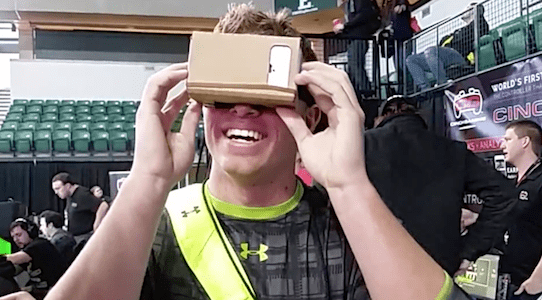
EE senior Duncan Abbot and his new startup Gwydion want to make VR worth the while. Their early projects range from therapy in children’s hospitals to helping materials scientists study 3D crystals.